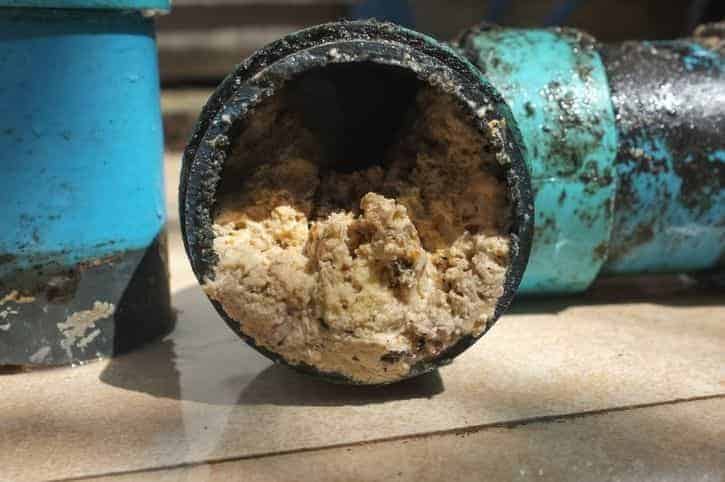How To Fix A Clogged Drain in Richmond
If you need help with fixing a clogged drain, keep reading:
- Identifying a clogged drain.
- Fixing a blocked drain.
- Preventing blockages in the future.
- Knowing your responsibility for unblocking public and private drains.
Find out the initial steps you’ll need to take if you face a clogged drain
- Find the issue
If the water in your bath or toilet is not draining correctly, this indicates the drain is blocked. - Do not use the drain.
Ensure you don’t put any more water into the drain! This will only make the problem worse and harder to fix. - Safety is a priority
Before dealing with a clogged or blocked drain, ensure your safety by wearing full protective clothing (including gloves, eye goggles and overalls). Always remember to remove and clean your protective clothing after you’ve finished repairs.
Make sure you have a set of drain rods before you start. These can be hired or purchased at most hardware stores. Once you have put on your protective clothing, follow the steps below:
- Clear the cover
Firstly, remove the inspection cover on the drain. If this cover is rusted closed, use a screwdriver to loosen and scrape off any rust and then lift the cover off. If your drain cover has a handle on it, fix some string or wire to it before pulling the cover off. - Remove the blockage
We recommend using a rod with a plunger attachment to remove the blockage – this may take a few minutes of hard work by twisting and turning. Alternatively, you may want to try using a regular kitchen mop handle, although this will probably not be as effective or as flexible as a purpose-made drain rod. - Flush with water after removal
Lastly, after you’ve removed the obstruction, flush the drain well with water to remove any remaining debris.
Unblocking a Clogged Drain in Richmond is best avoided as it can be a hard task.
Here are some preventative tips to avoid future drain blockages:
- Regularly check up on your drains
By regularly checking on your drains, you should be able to find any minor blockages early before they worsen. - Throw out oil and grease correctly
Remember to dispose of rubbish correctly. Never attempt to flush face wipes, nappies or cotton wool, as these are likely to repeatedly clog your pipes. - Ensure your drains are clear of plants and roots
If your garden gets a lot of leaves in it, fitting drain guards is a great way to prevent leaves from falling in and causing blockages. - Regularly rinse dishes before loading your dishwasher
Always rinse your plates and cutlery before loading your dishwasher, to prevent food from getting stuck in your pipes and can accumulate over time to cause an unwanted blockage.
Learn and research what your responsibilities are as a homeowner or renter, and who you should contact if you have problems with a public drain or sewer.
- Drain Responsibility
Homeowners and renters are usually responsible for the drains and pipes within their property’s boundary. Your home insurance may or may not cover you for some drainage problems. - Sewer Responsibility
Public and private sewers are not your responsibility- they are taken care of by waste and sewerage companies. If you see a problem, you should immediately contact your water company.
Reporting a clogged drain
If a neighbour’s drain is overflowing and the water is starting to leak onto your property, contact your local council who can help you in taking the next steps.
For all your plumbing work, you should consider using a professional plumbing business such as Inner City Plumbing or GO2 Plumbing.


